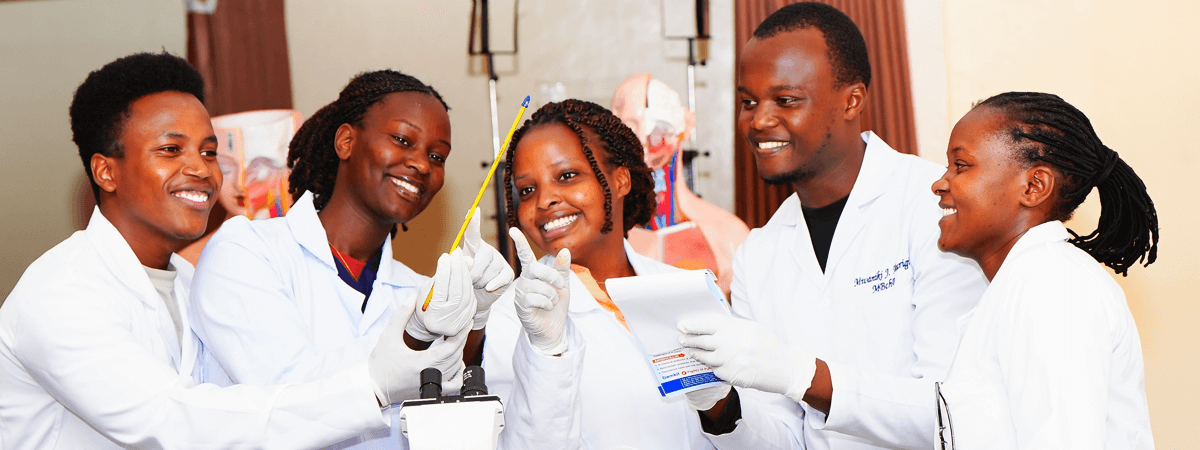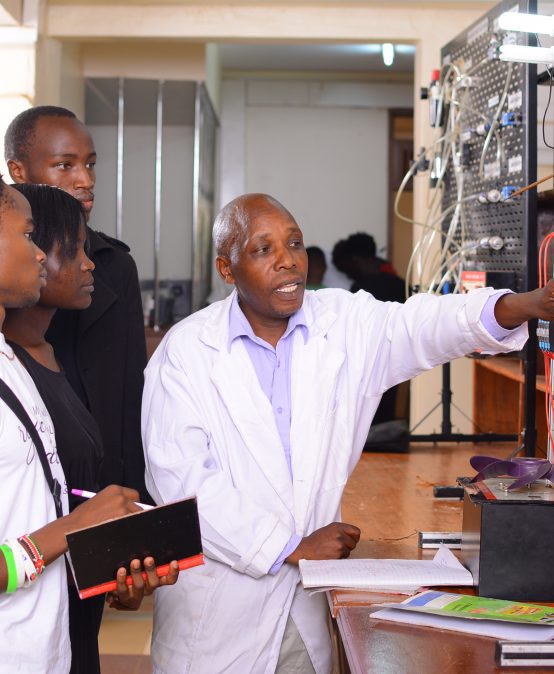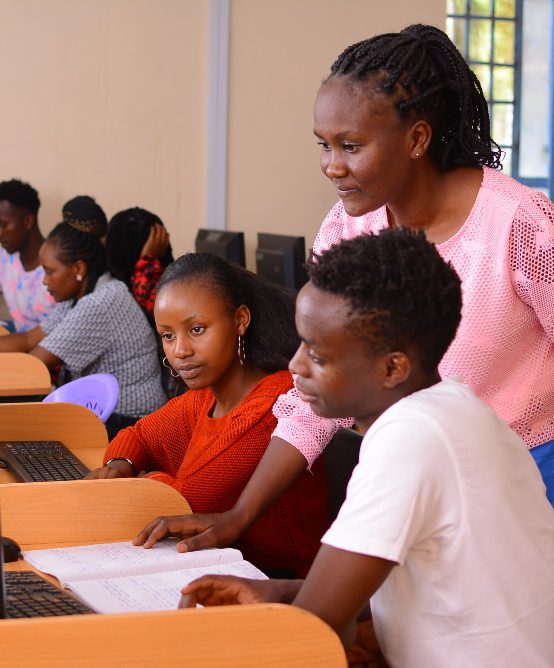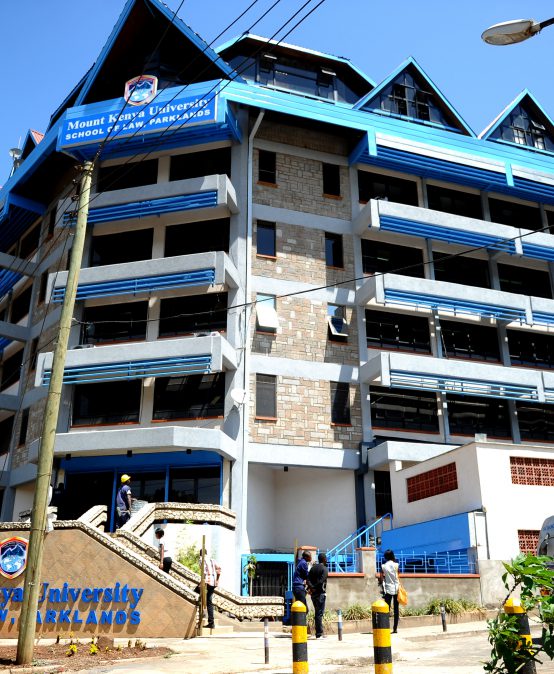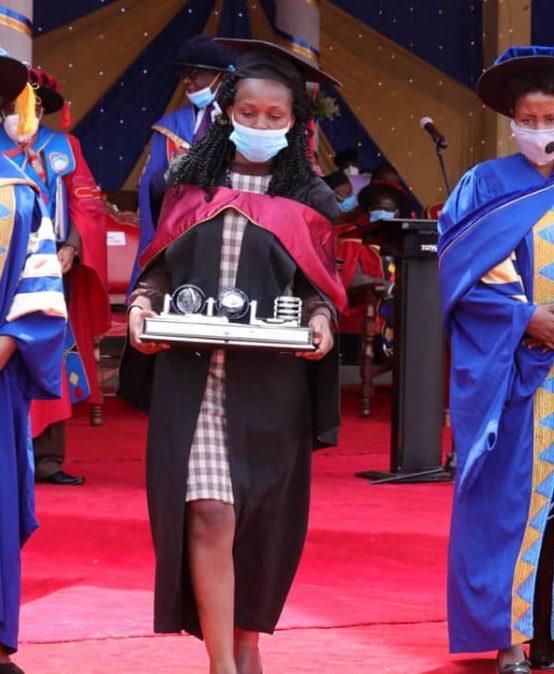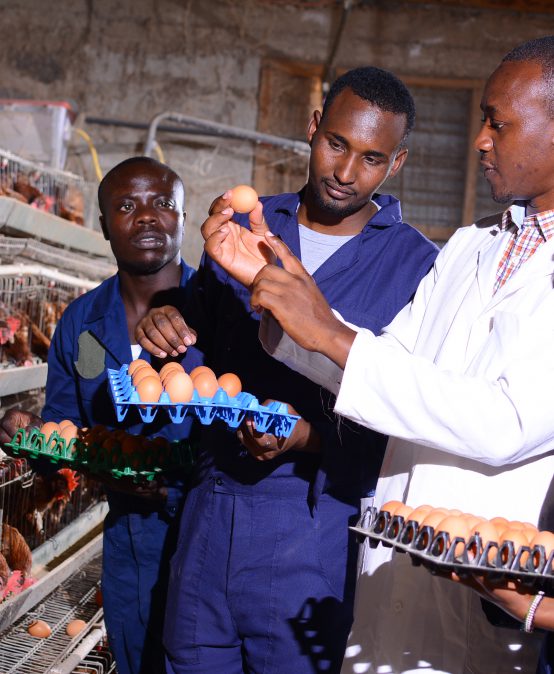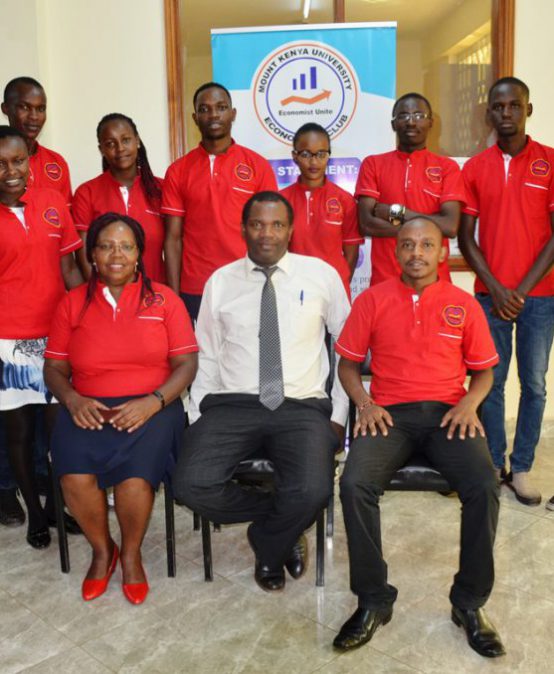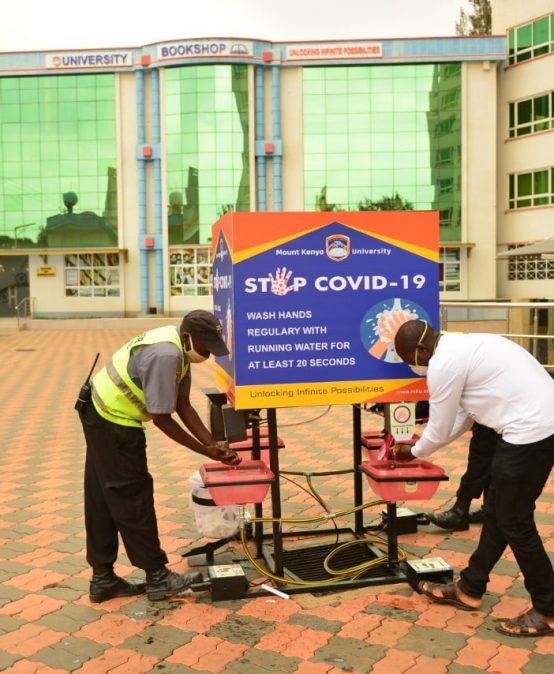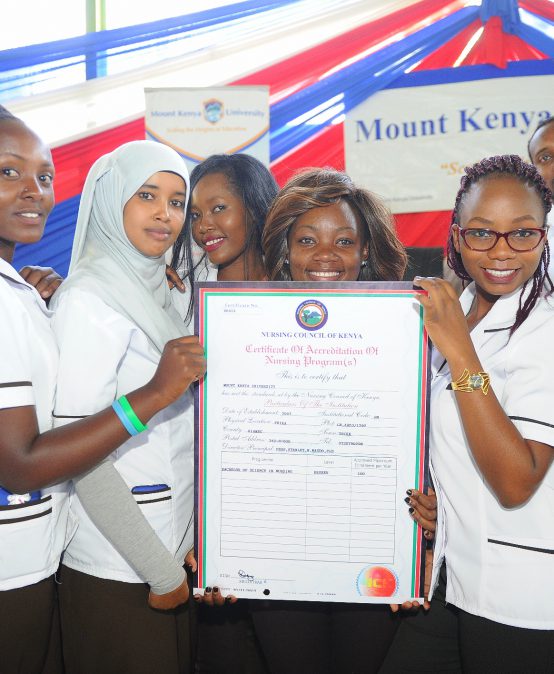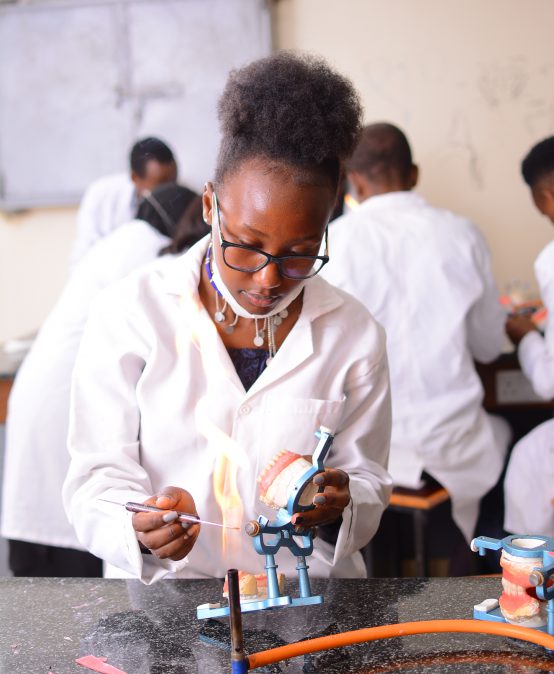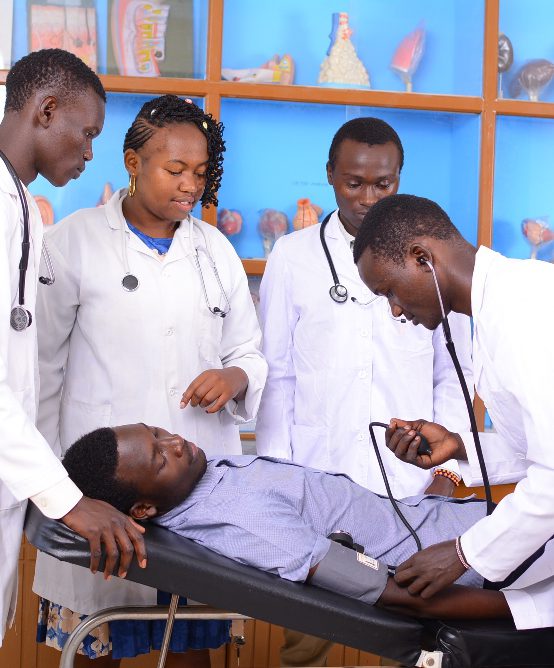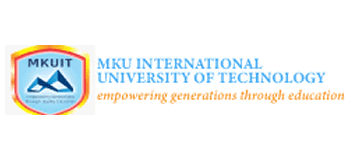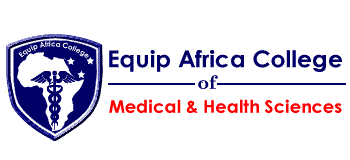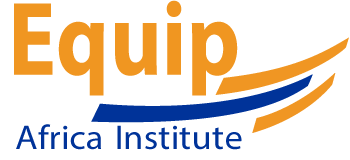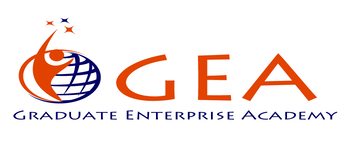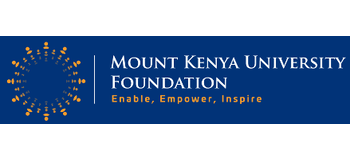Unlocking Infinite Possibilities
MKU is highly ranked in East Africa and beyond
Virtual Tour
MKU Academics
Mount Kenya University offers affordable and competitive academic programmes.
Our SchoolsMount Kenya University has footprints in Kenya, Uganda, Rwanda, Burundi,Somaliland and Punt-Land
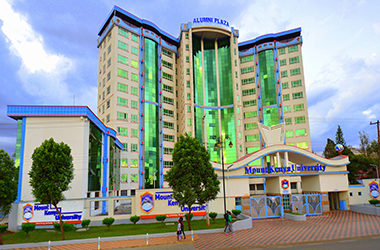

Student Life:Learn and have fun
MKU Ranked among top 5 best Universities in Sports by CPS ranking
CAREER INFORMATION
Latest News and Activities
Study in Kenya, Work in Germany
Latest News
Project: Student Training for Entrepreneurial Promotion Sustainability (STEP-S) Project Team: Prof. Peter Wanderi & Mr Bonface Joel Malala Period: 2024-2027 (4 Years) Mount Kenya University hosted a 1-week (8th to 12th July, 2024) Train-the-Trainer Workshop at the Mwai Kibaki Conventional Centre (MKCC), Main Campus, Thika. The aim of the workshop was to train twelve MKU […]
A newly published collection of universities’ practices across the world on SDGs uptake has been released by NAFSA (April 2024). This new publication, entitled, “Global Goals, Global Education – Advancing the United Nations Sustainable Development Goals” and edited by Jolynn M. Shoemaker and Joanna Regulska, showcases SDGs uptake by different universities across the world, MKU […]
Mount Kenya University Innovation and incubation centre calls for innovationsto win KSh 1 Million. The project will be implemented in partnership with Kenya Industry & Entrepreneurship Project (KIEP) and Strengthening Kenya’s Innovation Ecosystem (SKIES) Business Incubation Program 2024. The program organizers invite innovation in the following sectors Winners will also benefit from Expert support in […]
Mount Kenya University researchers, Dr. Onyancha and Dr. Yatich, from the School of Pharmacy and School of Business, along with administrators in the College of Graduate Studies and Research, were awarded the “International Innovator Award Africa 2024” for presenting their research-based polyherbal bathing black soap (WEMA SOAP) at the Born Global Start-up Festival. This initiative […]
Researchers, university faculty, policy advocates, and students converged at the Alumni Plaza of Mount Kenya University (MKU) on the 19th and 20th of June for the first-ever of its kind cancer implementation science symposium. The symposium brought together faculty and students from Mount Kenya University, Dedan Kimathi University of Technology, visiting faculty from universities in […]
Innovative youth have two weeks to apply to present their projects to access up to Sh1 million worth of business support, mentorship and training in a programme funded by the World Bank The call for innovations under the Skies Business Incubation Program 2024 is seeking inventions in the sectors of manufacturing and value addition, agriculture, […]
Kenyatta University Teaching, Referral and Research Hospital (KUTRRH) and Mount Kenya University (MKU) have signed an MoU to allow Medical and health sciences students to train at the medical facility. In the collaboration signed by the Vice-Chancellor Prof Deogratius Jaganyi and KUTRRH Chief Executive Ahmed Dagane at least 42 MKU medical sciences students have already […]
Cape Media Limited, the company that owns the fastest-growing media brands in Kenya (TV47 and Radio47), has launched a talent academy. The ‘Cape Media Talent Academy’ was launched after Cape Media Ltd and Mount Kenya University (MKU) signed an MoU on Thursday, June 20 at the institution’s Mwai Kibaki Convention Centre in Thika, Kiambu County.Speaking […]
The Chancellor, Prof John Struthers, on behalf of the University Council, Management Board and Senate, wishes to inform all our esteemed graduands who have qualified for conferment of degree and various University Awards, that the 25th Graduation ceremony will be held on Friday, 2nd August, 2024.All prospective graduands should note the following: 1. GRADUATION DATE: […]
Mount Kenya University has embraced creating agriculture based solutions that include theoretical training of agriculture related courses and practical solutions driven by engineering such as smart scarecrow, gasifier, Granulator, solar drier among others. These innovations have been ranked among the best in the recently concluded Meru and Machakos national ASK shows where they scooped “ […]







